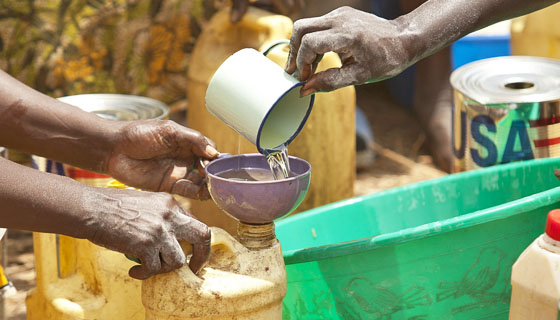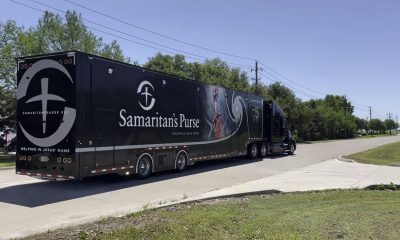By staff writer Simon Gonzalez.
My wife and my daughter sat down to watch one of their favorite shows the other night. One of those dancing things. Alas, it wasn’t to be. The satellite provider and the broadcast networks weren’t getting along. The picture kept freezing.
Very frustrating. So Christine did what just about anyone living in these United States in the early 21st century would do—she went on Facebook to share the pain.
“(Horrible satellite company) is ruining the show. It is freeze-framing, then leaping ahead 30 seconds … argh.”
A few comments ensued, some sympathetic, some gently poking fun. Then my 18-year-old son, showing a flash of wisdom that gives a glimpse of hope for the future, chimed in: “First World problems.”
Wow. Suddenly, it was time for a paradigm shift, a fresh perspective. I went from chuckling at their woes (from the other room, where I was watching glitch-free soccer on the second TV) to pondering the truth of that statement.
We are not immune from real problems in this country. We encounter the same difficulties as everyone living in this world. Disease and death, heartbreak and pain, loss and longing.
But how many of our day-to-day troubles are just First-World annoyances? Electronic glitches and mechanical breakdowns, slow traffic and bad drivers, unreasonable bosses and irritating co-workers?
God’s people aren’t immune from this mindset. Not even those of us who work at a Christian ministry.
I post stories to the Samaritan’s Purse website. I write and edit pieces about famine in Africa, about families in South America who don’t have access to clean water, about people who have lost everything to natural disaster, about refugees fleeing war and genocide. I’ve traveled around the world and seen crushing poverty, met parents who can’t provide for their children’s basic needs, seen families who live at garbage dumps.
I know about Third-World problems—real problems. And yet it’s so easy to succumb to First-World trivialities.
In this land of plenty, even real issues often have simple solutions. A pipe sprung a leak the other day. We had to turn off the water before the basement flooded. Inconvenient, certainly, to not be able to get a drink, take a shower, flush toilets. But a call to the plumber, and it was fixed the next day.
The problem with First-World problems is they can lead to complacency.
Samaritan’s Purse founder Bob Pierce once wrote a short but profound prayer: “Let my heart be broken with the things that break the heart of God.” Lord, let my heart not be hardened by my complacent First-World life. Let me remember that there is a world in need.





